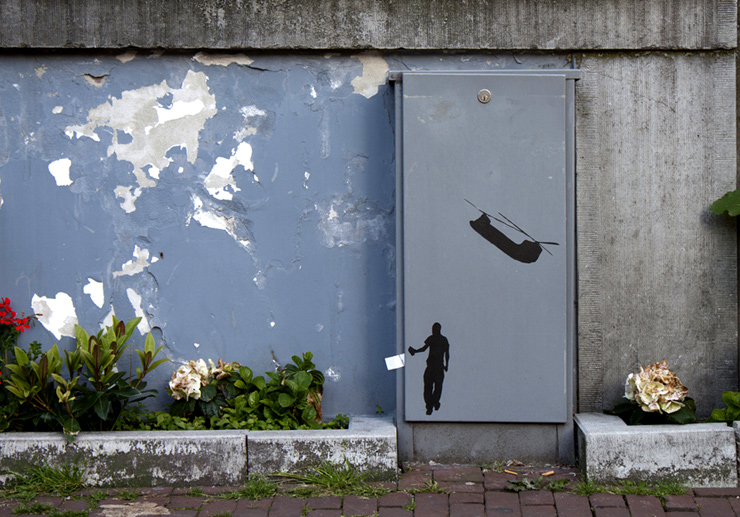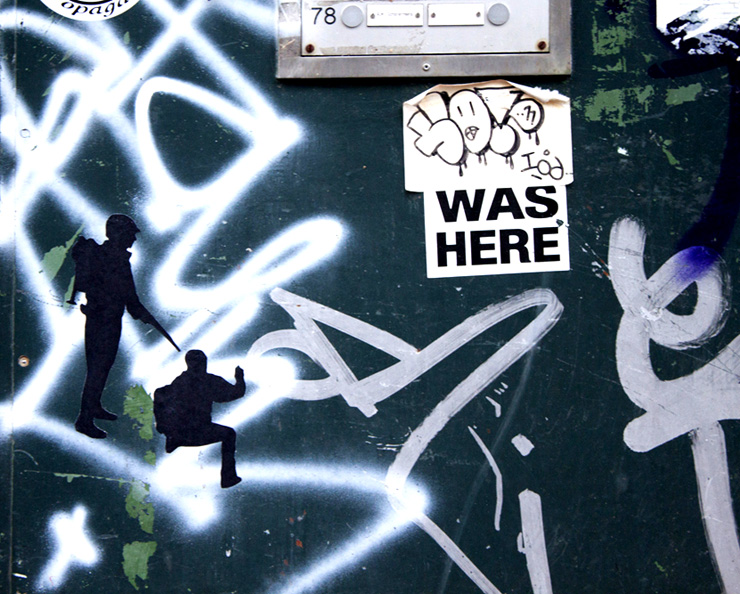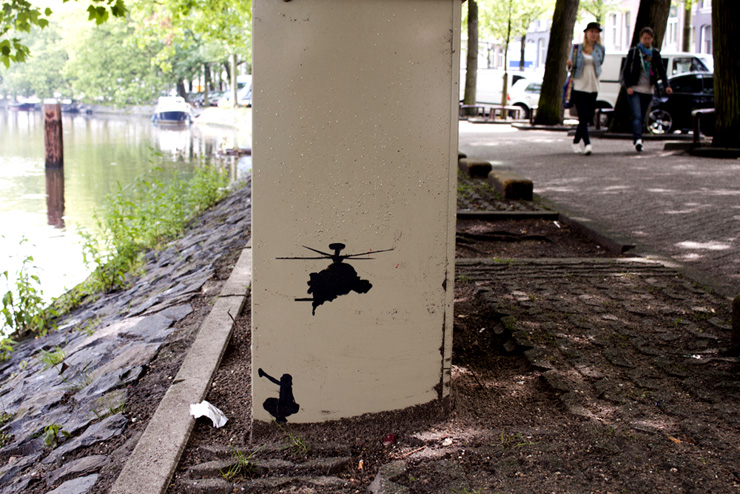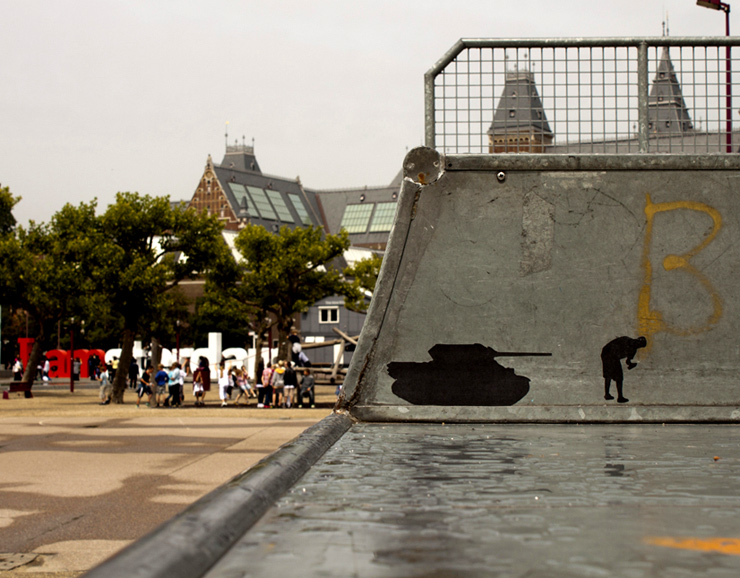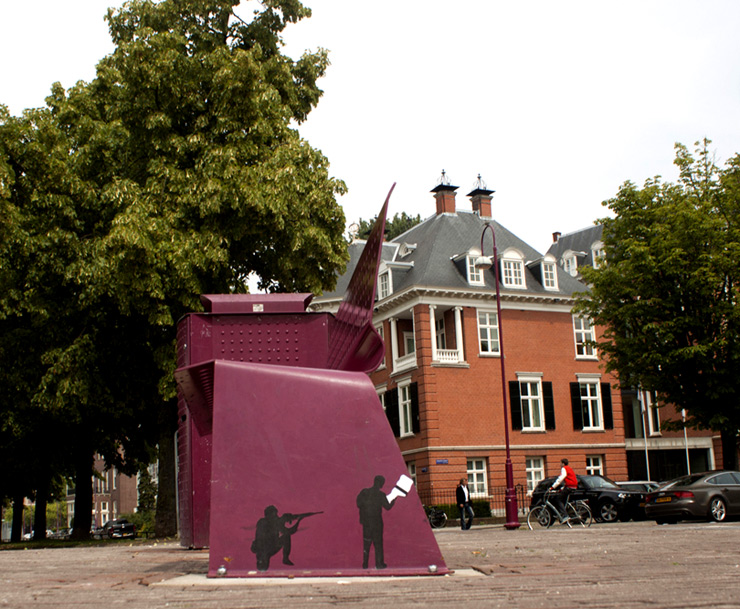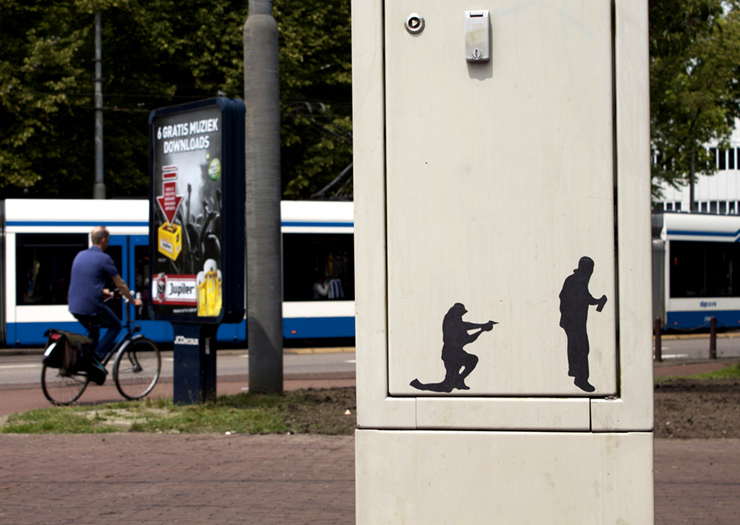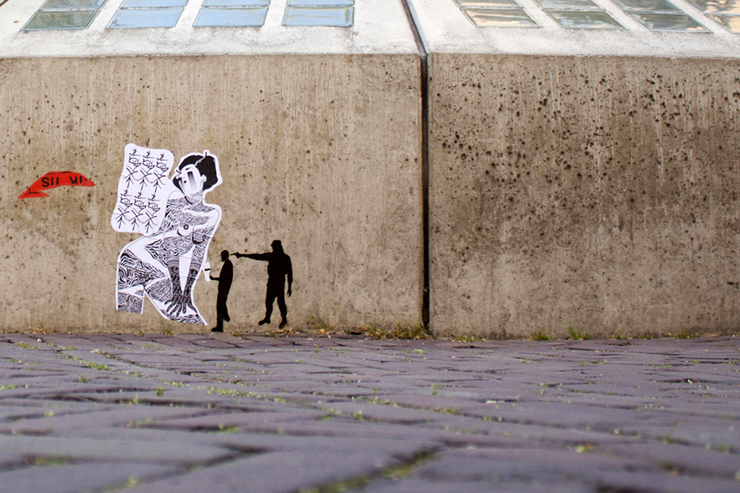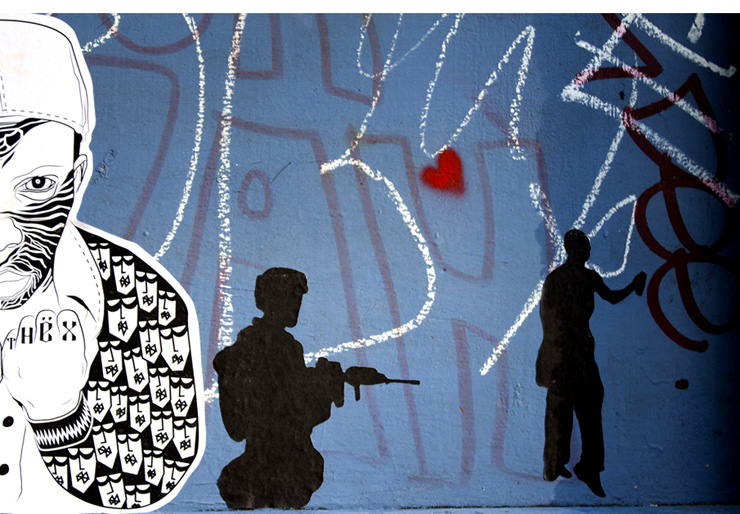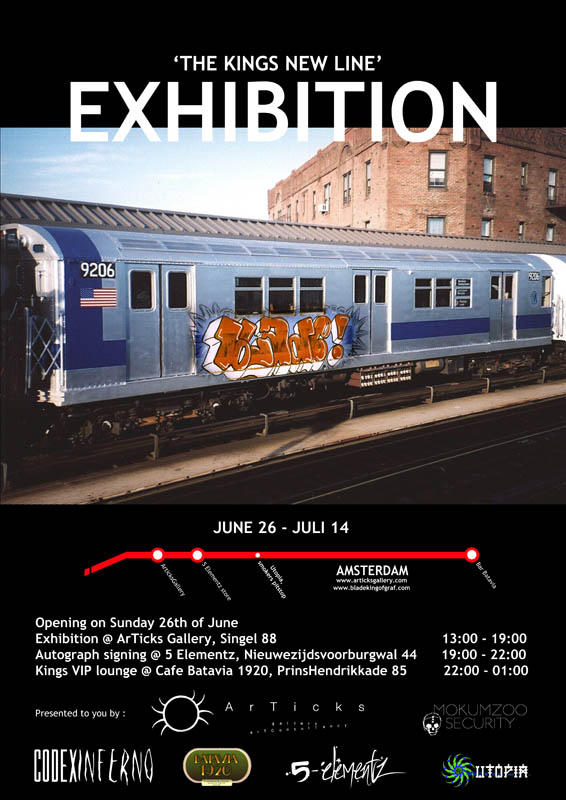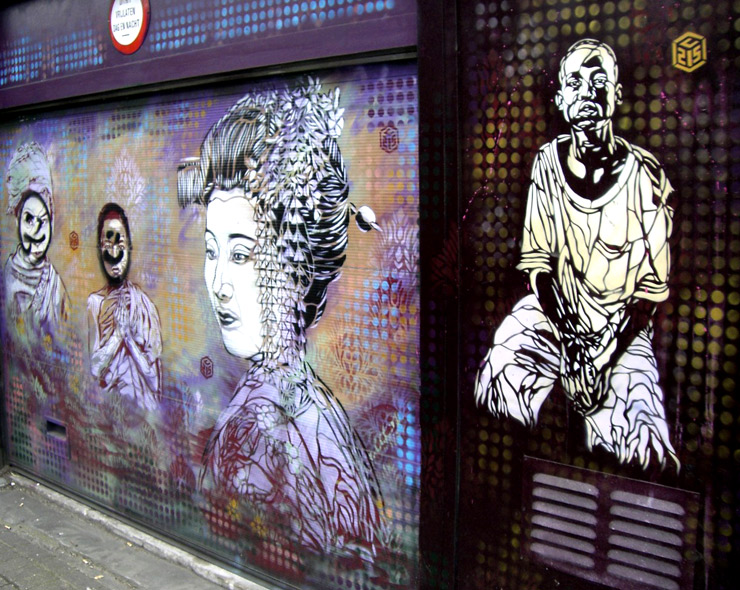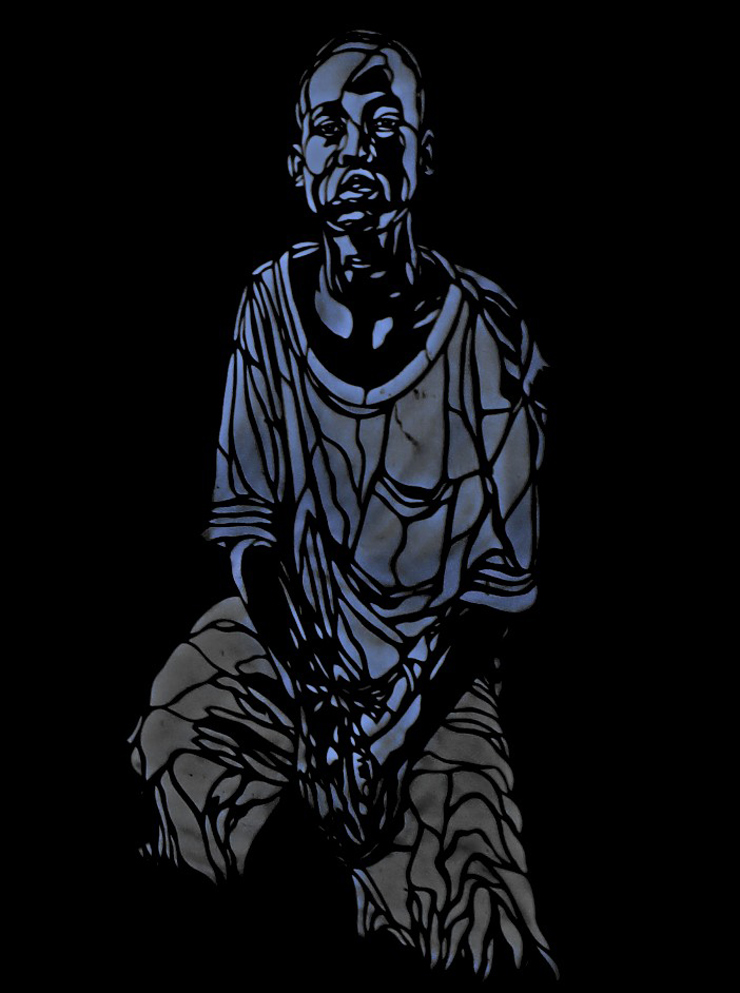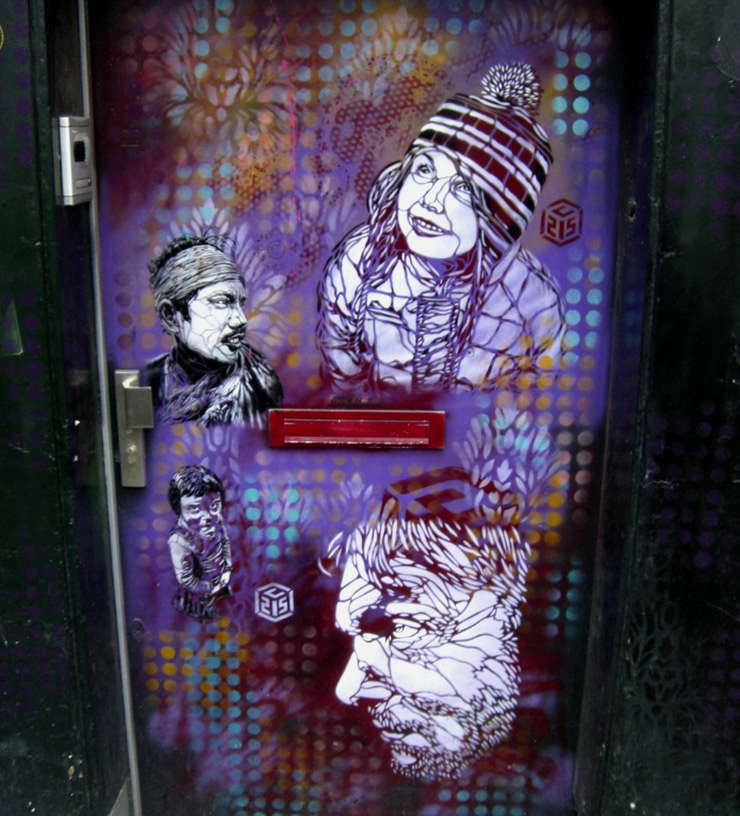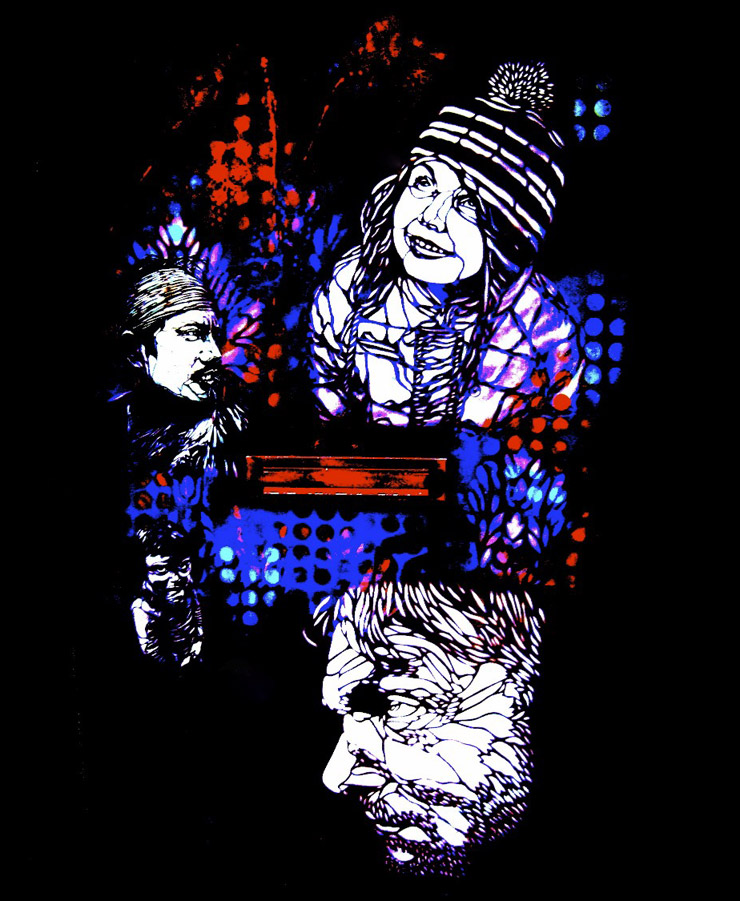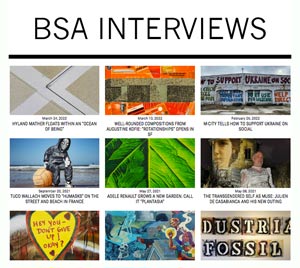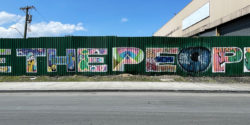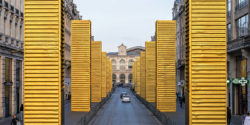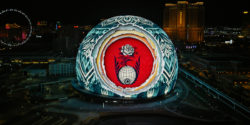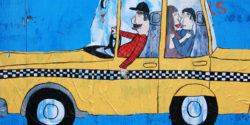Cities and municipalities around the globe have no cohesive opinion or set of organized practices in response to Street Art. Heated rhetoric and strict criminal proceedings in one city contrasts sharply with a laissez faire or even loving embrace in another. Terminology in one city may lump all artistic expression together with vandalism while another carefully makes distinctions between categories such as vandalism, sanctioned, graffiti, street art, and others.
DosJotas “Street Wars in Amsterdam” (photo © Courtesy of the artist)
While one city has on-the-spot buffers and power spray washers and special authorities on the lookout for even a sticker, others are sponsoring projects and setting aside walls or neighborhoods specifically for the growing interest and expression in what they consider a peoples art movement. Some are even rushing to preserve certain Street Art works as important landmarks. Among the contributing factors that determine how a city responds to the occurrence of graffiti and/or Street Art include cultural attitudes, class issues, relative wealth, historical attitudes, the ebb and flow of public opinion, the educational system, the influence of business and arts constituencies, and even the potential for one to make political hay. In between the extremes are a patchwork of options including, of course, the indifferent.
DosJotas “Street Wars in Amsterdam” (photo © Courtesy of the artist)
Some times the cat and mouse game in the mind of a street artist can become quite intense and storied. DosJotas is a Spanish Street Artist residing in Amsterdam who has been exploring with his art the relationship between the government and their Street Artists. With his installation titled “Street Wars in Amsterdam” he depicts the relationship in blunt warlike terms, with the power and military might far overshadowing the unarmed aerosol spraying individual. Using plain black stickers cut out as silhouettes, DosJotas portrays a very stark and severely unbalanced use of violent force brought to bear – helicopters, drones, sharpshooters – all allied to blow away the wheat paster or man with a can.
Dude, watch out in Amsterdam, they’ll crush you with a tank. No lie.
DosJotas “Street Wars in Amsterdam” (photo © Courtesy of the artist)
Of course, we know (or sincerely hope) the scenes are a metaphor, an exaggeration intended to illustrate. Looking at a description of the project from the artist, we’re thinking there are no snipers on the roof, but that it is a commentary on a more pervasive cleansing of public space that the artist is reacting to;
“To speak of weapons is not to strictly speak of pistols, machine guns or tanks; but of strategies.
The streets have become controlled and tamed by the architects, politicians and businessmen, where any expression contrary to power is censored or criminalized.
A spray, a poster, a stencil or a sticker, may be the best weapons in a city. All subversive and illegal acts performed in public spaces are a defense of public spaces.”
~ DosJotas
DosJotas “Street Wars in Amsterdam” (photo © Courtesy of the artist)
DosJotas “Street Wars in Amsterdam” (photo © Courtesy of the artist)
DosJotas “Street Wars in Amsterdam” (photo © Courtesy of the artist)
DosJotas “Street Wars in Amsterdam” (photo © Courtesy of the artist)
DosJotas “Street Wars in Amsterdam” (photo © Courtesy of the artist)
Visit DosJotas site for more on his art:
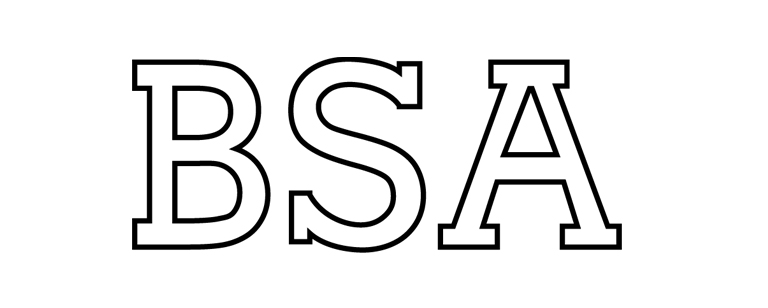 BROOKLYN STREET ART LOVES YOU MORE EVERY DAY
BROOKLYN STREET ART LOVES YOU MORE EVERY DAY